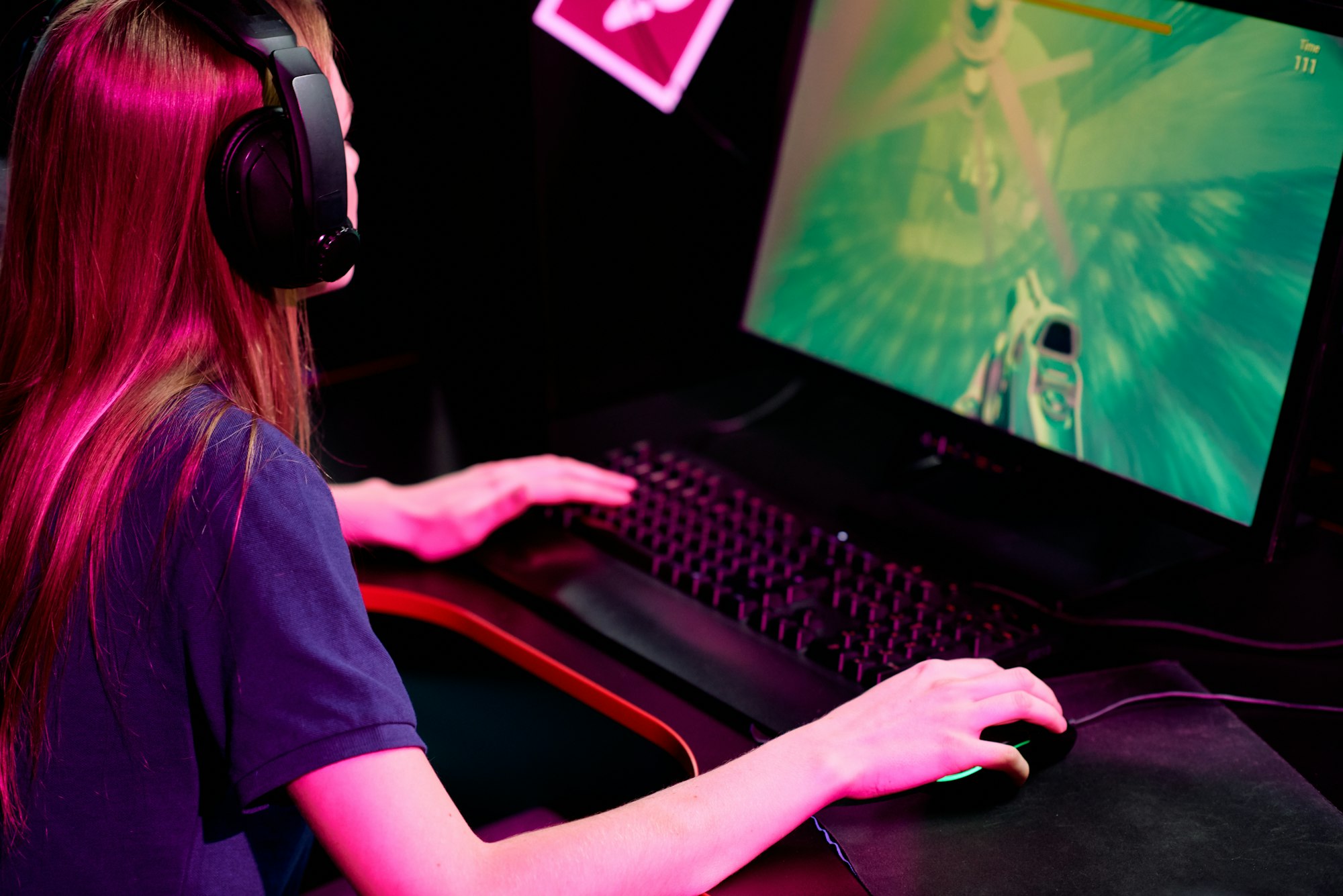AI Meets Voice Acting in Games
The video game world is changing fast, thanks to Artificial Intelligence (AI). AI is being used to copy how actors talk and move, making game making faster and more creative. But, this cool tech isn’t all good news for the actors whose jobs are changing because of it. AI can now make characters and conversations quickly, which is great for game developers but brings up a lot of questions about what’s fair for the actors.

The Good and The Not-So-Good
AI can mimic and change voices cheaply, which could make making games cheaper and quicker. But, actors are worried. They’re thinking about things like people using their voices without asking, losing the uniqueness of their job, and what all this means for their future in gaming.
When Actors and AI Mix
Cissy Jones and Her AI Adventure
Cissy Jones, who’s lent her voice to many games, had a bad experience with her voice being used without her permission. She started looking into how actors can work with AI without getting shortchanged. She helped start a company called Morpheme that’s all about making sure actors agree to how their voices are used and get paid for it.
Legal Stuff and Getting Paid
Video game actors don’t always get paid after the initial recording – no ongoing payments for them. But with AI, there’s a chance for actors to keep earning from their work. The problem is some contracts let companies use an actor’s voice forever, without paying more. This is a big red flag that things need to change to protect actors.
People Standing Up for Actors
The National Association of Voice Actors (Nava) is all about making sure actors have a say in how their voices are used, get paid fairly, and have control over their work. They want new laws to make sure actors’ voices are protected. But, video games are moving fast, and keeping actors safe in the AI age is a big challenge.
What’s Next for Actors and AI
AI Might Change Acting Jobs
AI that sounds just like real people could mean fewer jobs for actors, especially for those special roles that need a specific voice. This could make acting in games less about the actor’s unique talent and more about what AI can copy.
But, It’s Not All Bad
Some actors see AI as a chance to do new and exciting things. For example, there’s a company called Replica Studios working with actors to use AI in a way that’s fair and respects the actor’s work.
Wrapping It Up
AI and voice acting in games is a tricky mix. There are lots of challenges but also some pretty cool opportunities. It’s all about finding the right balance, making sure actors are treated fairly while still moving forward with tech.

FAQ: AI in Video Game Acting Simplified
1. Can AI really copy an actor’s voice accurately?
Yes, AI technology has advanced to the point where it can very closely mimic an actor’s voice, including nuances and emotional inflections. This capability is both fascinating and a bit worrying, especially for actors concerned about the uniqueness and ownership of their vocal performances.
2. What are the main concerns actors have about AI in video games?
Actors are primarily worried about a few key issues: the unauthorized use of their voices, the potential decrease in the demand for human voice actors as AI becomes more prevalent, and the overall impact on their careers and earning potential. They’re also concerned about losing control over how their voices are used.
3. What is Morpheme, and how does it relate to AI and acting?
Morpheme is a startup co-founded by Cissy Jones, a seasoned voice actress, in response to her experiences with voice misuse. It aims to ensure actors consent to the use of their digital voices and are fairly compensated. Morpheme represents a move towards protecting actors in the digital age, balancing the benefits of AI with actors’ rights.
4. Are there any positive sides to AI in voice acting?
Yes, there are positives. Some actors see AI as an opportunity to extend their careers in new ways, such as lending their voice to create a digital library that can be used ethically with their consent, potentially offering a new revenue stream. Moreover, AI can assist in creating more diverse and inclusive content by making it easier to produce varied character voices.
5. What actions are being taken to protect actors’ rights in the era of AI?
Organizations like the National Association of Voice Actors (Nava) advocate for “consent, compensation, and control” regarding AI voice use. They are pushing for legislative changes to protect actors’ voices as copyright material. Additionally, there’s a growing emphasis on the need for actors to carefully review contracts to ensure they retain control over their voice recordings and are fairly compensated for all uses, including AI-generated content.
Sources The Guardian


